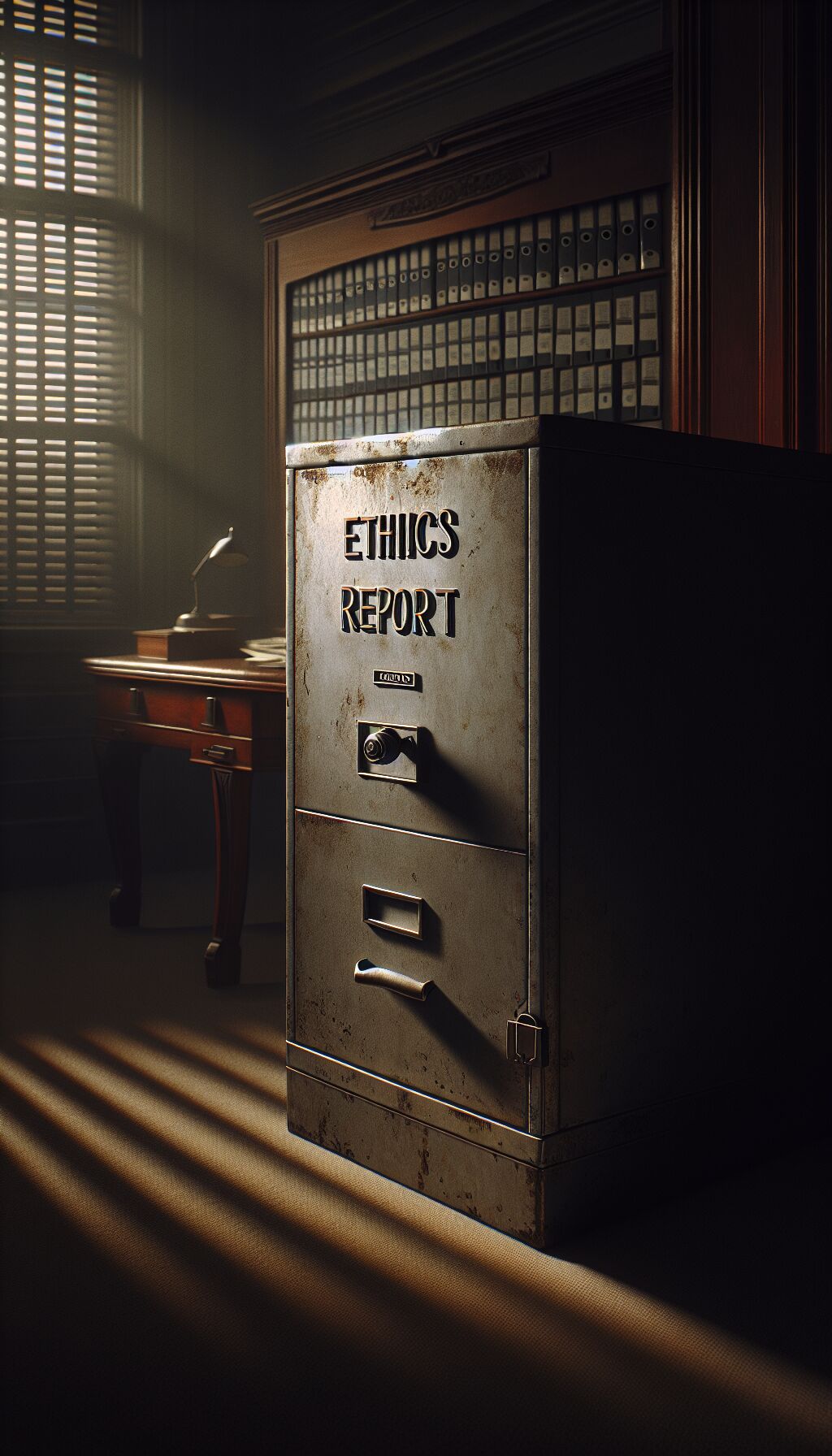House Rejects Resolution to Release Gaetz Ethics Report
In a significant political maneuver, the House of Representatives rejected a bid from Democrats to force the release of an ethics report pertaining to former Rep. Matt Gaetz, R-Fla., on Thursday evening. The decision came amidst ongoing questions about Gaetz’s controversial actions during his time in Congress.
Democratic Efforts to Uncover the Truth
Rep. Sean Casten, a Democrat from Illinois, spearheaded the effort by filing a privileged resolution aimed at making the contents of the ethics report public. This move strategically compelled House leaders to respond to the resolution within two legislative days. However, the effort was met with resistance and ultimately failed to gain the necessary support, falling short with a vote margin of 206 to 198.
The Democratic proposal was referred to the relevant committee for further consideration, but given the current Republican control of the House, it remains highly unlikely that the committee will pursue the matter. This effectively sidelines any intention the Democrats had for transparency in the ethics investigation concerning Gaetz.
Party Lines and Support
Interestingly, only one Republican, Rep. Tom McClintock of California, broke ranks to join Democrats in their efforts to table the resolution. This indicates a stark divide along party lines, with most Republicans either defending Gaetz or remaining ambivalent on the matter.
Background on Gaetz and the Ethics Investigation
Former Rep. Gaetz’s tenure in Congress has been marked by significant controversy. He abruptly resigned from Congress last month, reportedly in hopes of being selected by President-elect Donald Trump to serve as the next attorney general. His resignation came just days before the House Ethics Committee was scheduled to consider releasing its findings on ongoing investigations into serious allegations against him, including accusations of sexual misconduct involving a minor and drug-related offenses.
The Ethics Committee had been investigating Gaetz for years, but the departure from Congress meant that the committee’s jurisdiction over him ended automatically. Historically, the committee has shown a reluctance to release reports on individuals who are no longer serving, further complicating the transparency efforts sought by Democrats.
Standing Against Release
House Speaker Mike Johnson, a Republican from Louisiana, has publicly stated his opposition to releasing the report. In comments made last month, he argued, “I do not believe that is an appropriate thing. It doesn’t follow our rules and traditions, and there is a reason for that. That would open up Pandora’s box and I don’t think that’s a healthy thing for the institution.” Johnson’s stance reflects a broader concern among Republicans about setting a precedent that could undermine the sanctity of the institution.
Ongoing Silence from the Ethics Committee
Since Gaetz’s resignation, the House Ethics Committee has convened twice but has been unable to reach a consensus on whether to release the long-awaited report. The most recent meeting occurred just hours before the vote on Casten’s resolution, highlighting the ongoing uncertainty and division within the committee. Despite the pressure to unveil the findings, the committee’s indecision underscores the complexities surrounding the issue.
Gaetz’s Defense
For his part, Matt Gaetz has consistently denied any wrongdoing throughout the lengthy investigation. Additionally, a related federal investigation into the allegations against him concluded without any charges being filed. Gaetz’s narrative of innocence remains a point of contention among lawmakers, with many Democrats expressing frustration over what they perceive as a failure to hold him accountable.
Conclusion: A Tipping Point for Congressional Ethics?
The rejection of the resolution to release the ethics report on Matt Gaetz has raised eyebrows and questions regarding Congressional ethics and accountability. As the political landscape evolves, the implications of this decision may resonate beyond Gaetz, influencing future investigations and resolutions surrounding ethics in Congress. Given the increasing scrutiny over government officials, the resolution’s failure could set a concerning precedent for transparency and the public’s right to know about legislative misconduct.
With the House divided and the ethics investigation stalled, one can only speculate what the future holds for both Matt Gaetz and Congressional ethics oversight. The fallout from this decision may continue to be a topic of debate in the coming months, as the public remains eager for clarity and accountability from their elected representatives.
